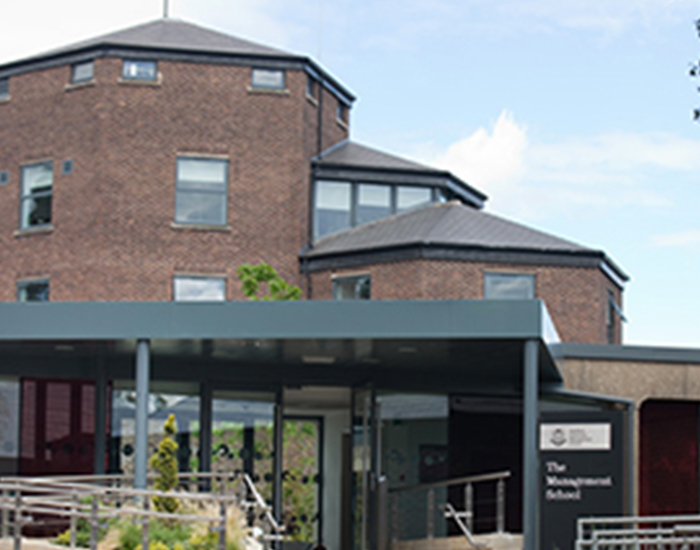The University of Sheffield will lead a €4 million research project and train a new cohort of thought leaders to drive the transition towards a more sustainable mode of production and consumption in Europe over the coming decades.
Realising the Transition to the Circular Economy (ReTraCE) is a research project funded by Horizon 2020 EU’s Marie Skłodowska-Curie Innovative Training Networks and will support the implementation of the European Commission’s Circular Economy strategy.
A circular economy is an alternative to a traditional linear economy (make, use, dispose) in which we keep resources for as long as possible, extract the maximum value from them whilst in use, then recover and regenerate products and materials at the end of their useful life.
The project will bring together world-leading experts from a wide set of beneficiaries and partners to achieve breakthroughs in understanding how the transition towards a circular economy can be realised – both within existing organisations and industries as well as through innovative and sustainable business models.
Professor Andrea Genovese, from the University of Sheffield’s Management School and Principal Investigator of the ReTraCE initiative, said:
This project will directly facilitate the implementation of the recently adopted ambitious Circular Economy strategy of the European Commission, which is closely linked to Sustainable Development Goals – the blueprint to achieve a better and more sustainable future for all. Looking beyond the current take-make-dispose extractive industrial model, a circular economy is an alternative to a traditional linear economy. It aims to redefine growth, focusing on positive society-wide benefits, where products are kept in use for as long as possible, with value recovery and regeneration at the end of their useful life.
Professor Andrea Genovese
The consortium of ten beneficiaries is led by the University of Sheffield and includes seven academic and three non-academic groups: The University of Kassel (Germany), Parthenope University of Naples (Italy), Olympia Electronics S.A (Greece), Tata Steel (UK), University of Kent (UK), ABIS – Academy of Business in Society (Belgium), Dalarna University (Sweden), Rotterdam School of Management, Erasmus University (Netherlands), and SEERC – The South-East European Research Centre (Greece).
The network will design and deliver world-class multidisciplinary training to 15 early stage researchers, offering them an extended and valuable program of international exchanges and secondments through a wide network of partner organisations – from public, private and third sector.
The multi-disciplinary project will draw upon research that will advance the current understanding of the circular economy from economic, environmental and social perspectives, providing policy insights and implications for practice.
It is envisaged that, by the end of the project, early stage researchers will be employable by research institutions, public sector bodies and within a wide range of manufacturing and service industries which will require new professional profiles for realising the transition towards the circular economy.

